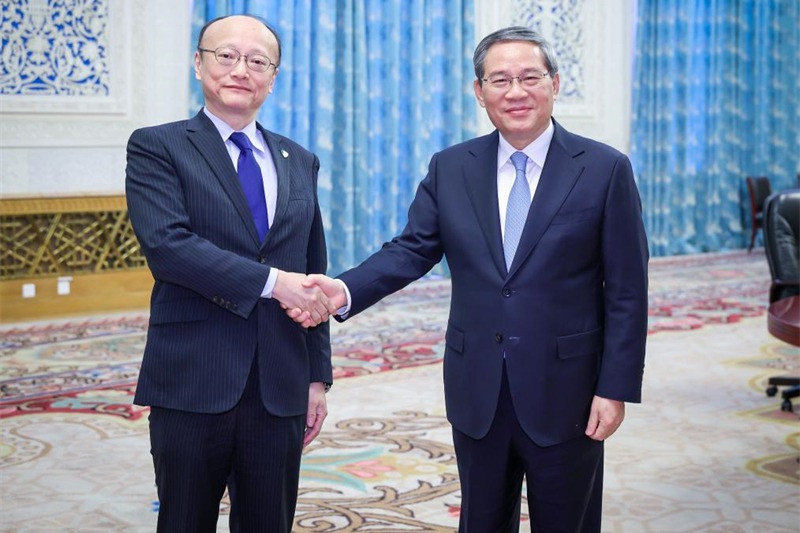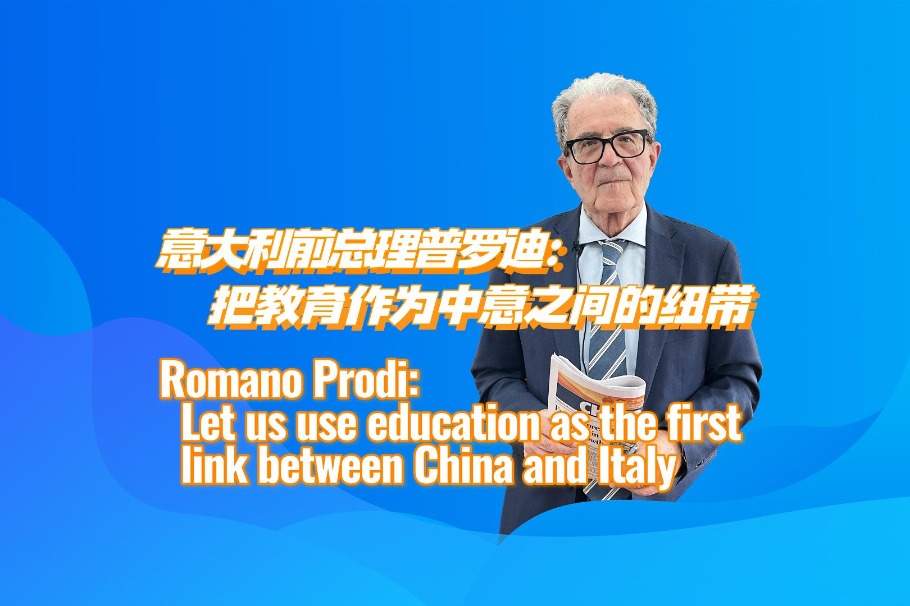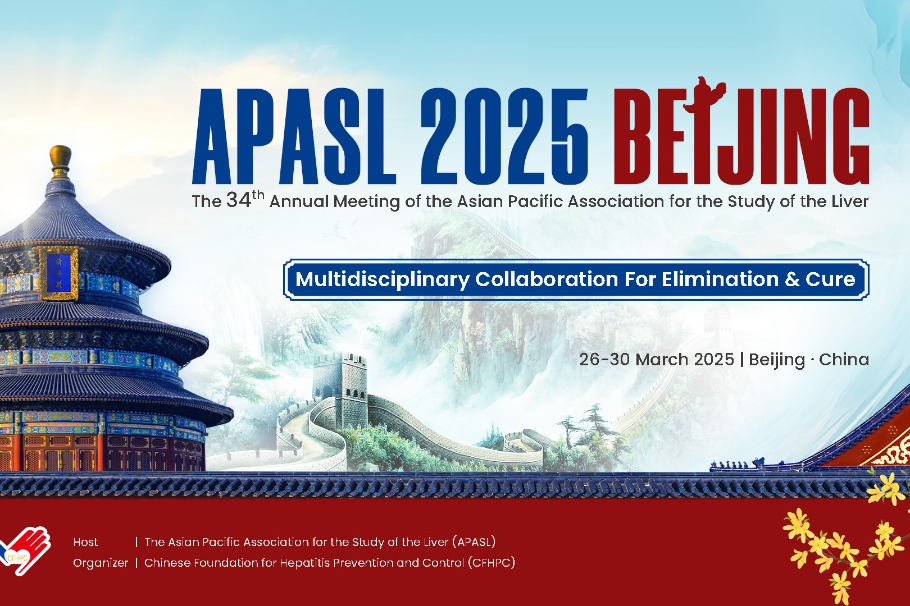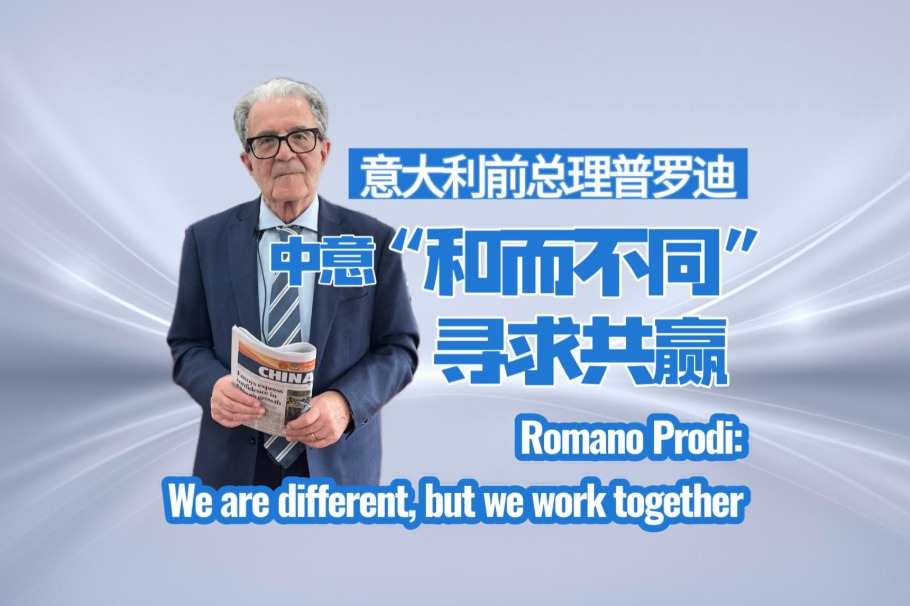Revised food safety standards ban use of 'no additives' labels
Officials say such claims make people think products are inherently healthier

China has banned food producers from using terms such as "no additives" or "zero additives" on labels, saying such claims can mislead consumers.
The new labeling rules are among 50 new standards and nine amendments introduced in the latest revision of the national food safety standards, according to a circular jointly released by the National Health Commission and the State Administration for Market Regulation on Thursday. The changes aim to enhance transparency and address consumer concerns.
Officials said such labeling claims could create the false impression that products without a certain additive are inherently healthier. "No additives" describes the production process but does not necessarily reflect the final composition of a product, the circular said.
For example, a fruit juice drink labeled "no added sucrose" may still contain significant amounts of naturally occurring sugar. Regulators say such statements can be misleading, as they do not indicate the overall sugar content.
Companies will have a two-year transition period to comply with the new regulations. Qianhe Condiment and Food, a major soy sauce producer, said on Thursday it supports the new rules and will work to meet the requirements as soon as possible.
Qianhe has been at the center of a recent controversy over its "Qianhe 0" soy sauce, which is marketed as having zero additives. Media reports earlier this month said tests on 13 soy sauce brands advertised as additive-free detected cadmium, sparking public debate.
Some netizens questioned whether the Qianhe 0 name was simply a trademark rather than a true indication of the product's contents.
The company later said the cadmium found in its products came from raw materials that meet national standards. It maintained that its Qianhe 0 series adheres to production requirements and does not violate the zero-additive standards.
The broader food safety overhaul also introduces stricter labeling rules for allergens and expiration dates.
Manufacturers will be required to highlight allergens such as gluten, peanuts and shellfish in bold or underlined text. For foods with a shelf life longer than six months, only the expiration date will be mandatory to simplify labeling.
China is also promoting digital food labels, allowing consumers to scan QR codes for more detailed product information. More than 400 pre-packaged foods have already adopted the system, which includes features such as zoom functions, voice narration and video explanations to improve accessibility.
Additionally, the revised standards now require food nutrition labels to disclose sugar and saturated fat content, alongside previously mandated information on energy, protein, fat, carbohydrates and sodium.
The government said the changes aim to encourage healthier eating habits among consumers.
zhaoyimeng@chinadaily.com.cn




































